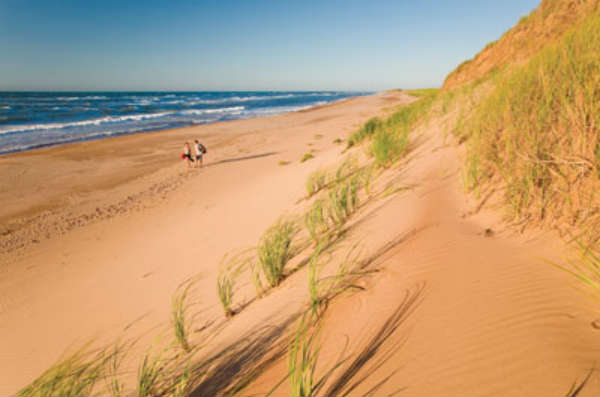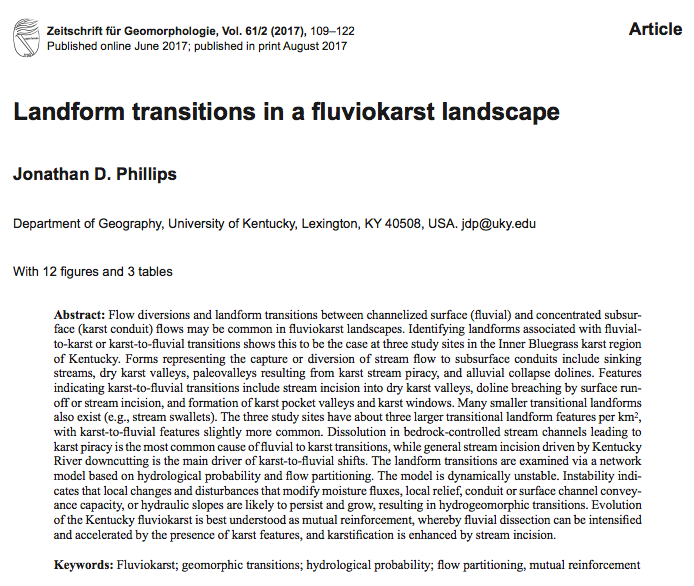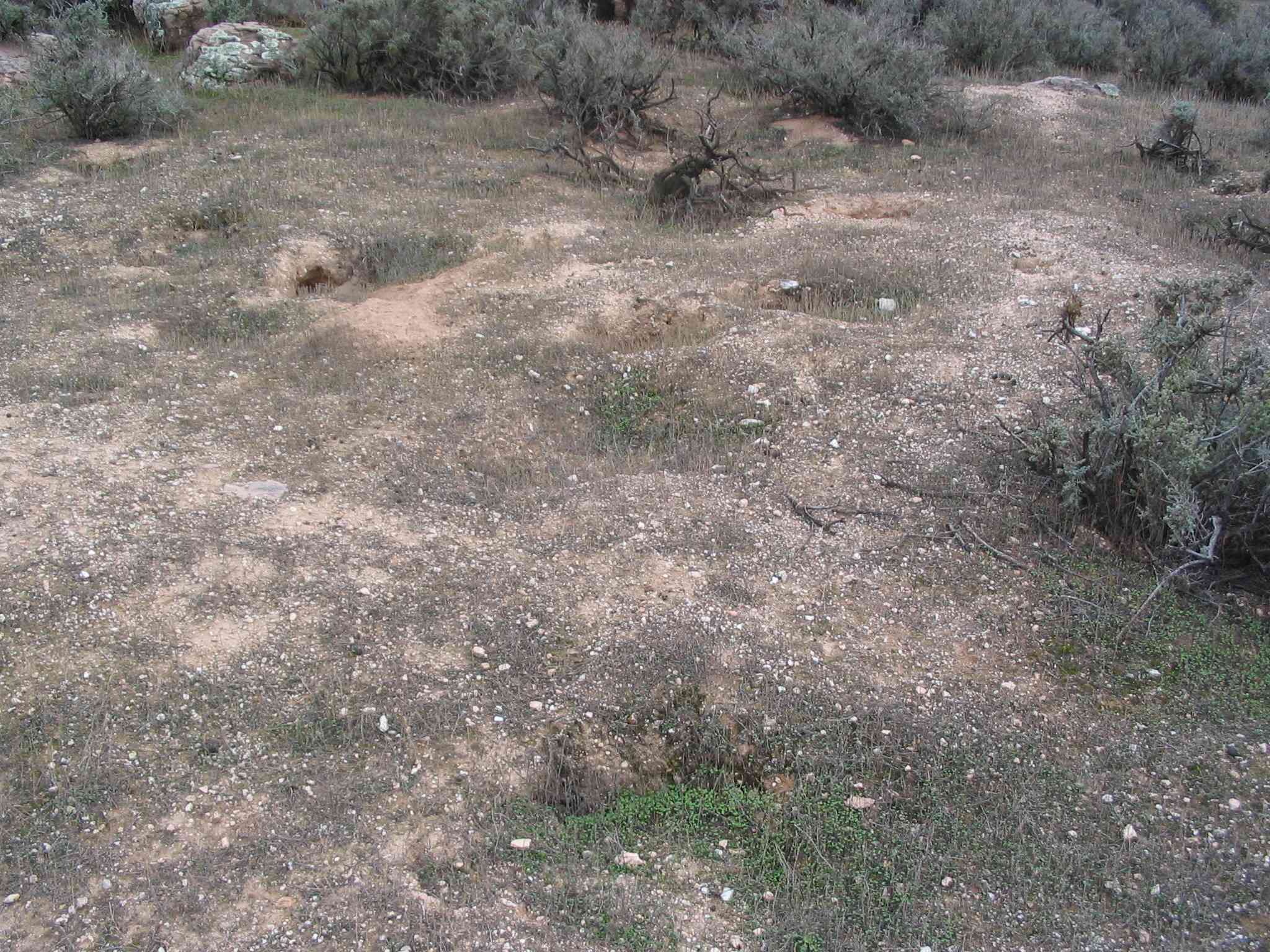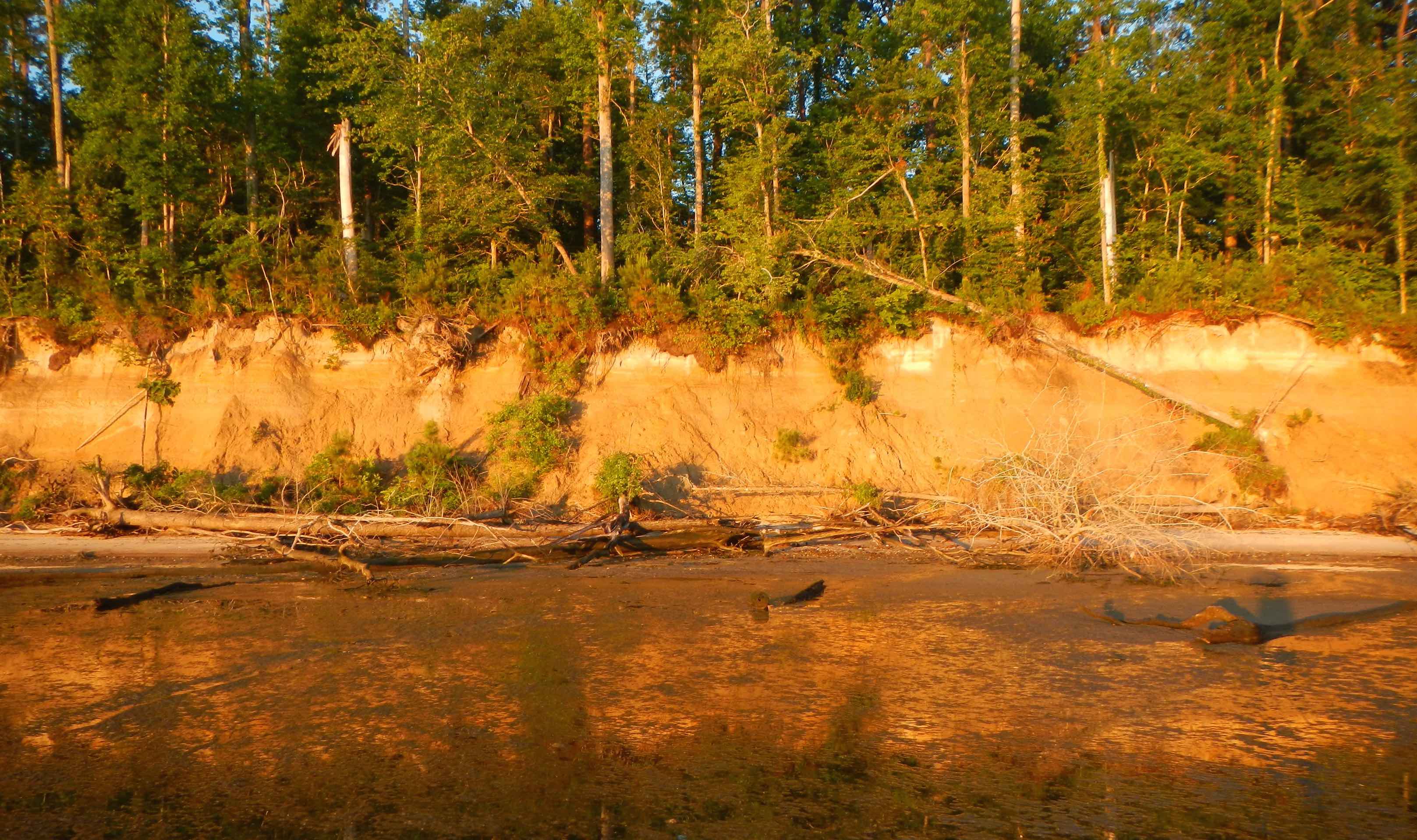THE PERFECT PLANET
Did you ever wish you had a collection of these blog posts, all semi-organized in one quasi-coherent document? No? Well, you can get one anyway. My posts from the very first in May, 2014 up through June, 2017 have been collected in a single volume, called The Perfect Planet, now available here.

Wooooooo!!! At last!
There is, however, good news and bad news.
Good news: It is a rich compendium of my interpretations, speculations, and scientific opinions over a three-year period.
Bad news: How egotistical and self-important do you have to be to think anyone would want such a thing?
Good news: In The Perfect Planet you get JDP unfiltered by nit-picky grammar monkeys and uncensored by the scientific establishment.
Bad news: That’s because the “book” is self-produced, with no peer review and no professional copy-editing or production.
Good news: It is absolutely free (though in the form of a reduced-resolution compressed pdf file)!





